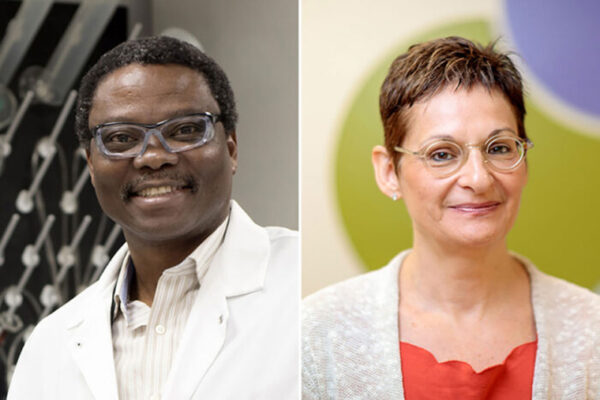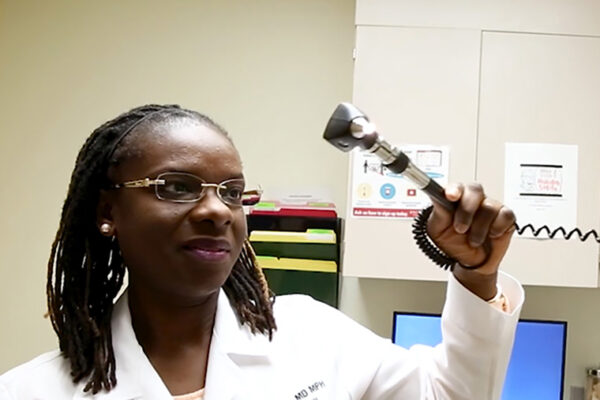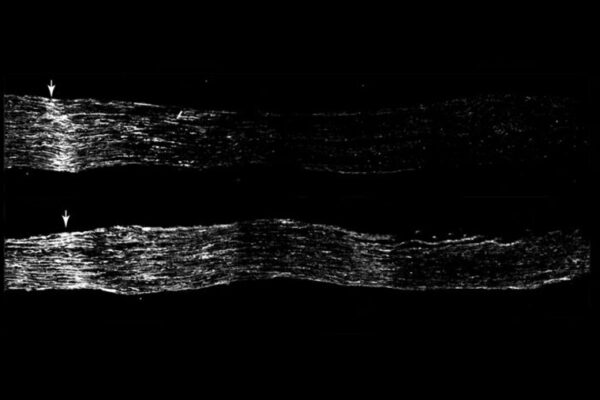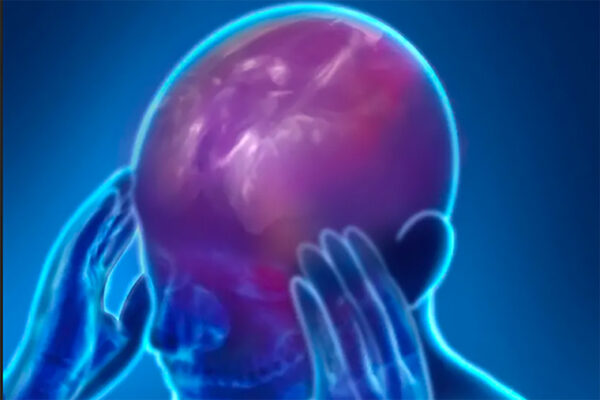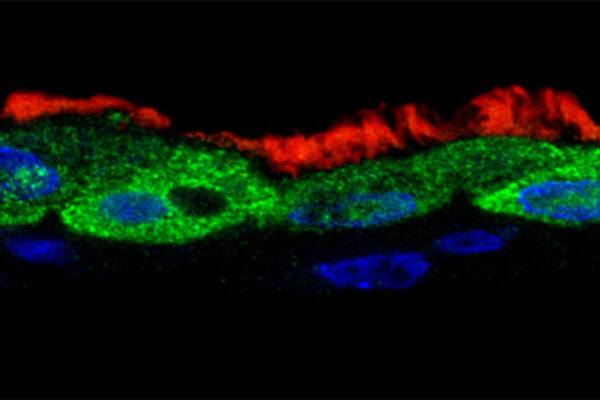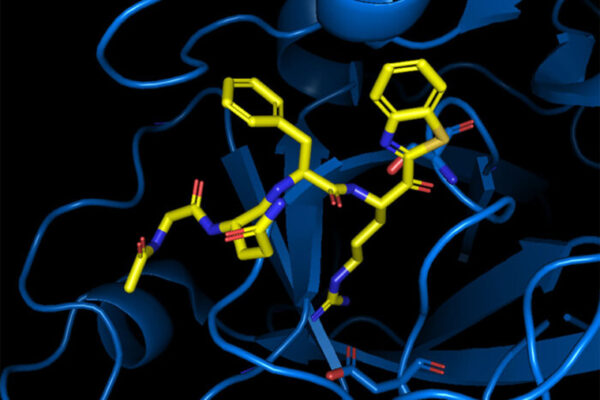Environmental injustice, population density and the spread of COVID-19 in minority communities
Research from the lab of Rajan Chakrabarty at the McKelvey School of Engineering connects environmental injustice to the spread of COVID-19 in communities with high minority populations.
Achilefu, Luby elected to National Academy of Medicine
Medical imaging scientist Samuel Achilefu and child psychiatrist Joan L. Luby, MD, both of Washington University School of Medicine, have been elected to the National Academy of Medicine, one of the highest honors in health and medicine.
African American breast cancer patients less likely to receive genetic counseling, testing
Researchers at Washington University School of Medicine have surveyed cancer doctors to identify differences in physician attitudes and beliefs that may contribute to a gap in referrals to genetic counseling and testing between Black women and white women with breast cancer.
Drug helps sensory neurons regrow in the mouse central nervous system
Researchers at Washington University School of Medicine have discovered that an FDA-approved drug acts on support cells in the central nervous system to encourage sensory neurons to regrow after injury.
Emotional aspects of chronic pain isolated in brain circuitry
Researchers at Washington University School of Medicine have identified circuitry in the brain that appears to link pain to negative emotional states. The findings, published in Nature Neuroscience, could lead to new treatments.
WashU introduces telehealth services for students
In an effort to further support student mental health, Washington University is introducing TimelyCare, a service of TimelyMD, a leading telehealth company specializing in higher education.
Common respiratory virus manipulates immune genes to protect itself
Researchers at Washington University School of Medicine have figured out how respiratory syncytial virus (RSV) undermines the body’s defenses, a step toward understanding why the virus is capable of causing serious illness in vulnerable populations.
Antiviral compound blocks SARS-CoV-2 from entering cells
School of Medicine scientists have developed a compound that prevents SARS-CoV-2 and related coronaviruses from entering cells. The researchers are collaborating with the NIH to test the compound in animal models of COVID-19.
Framework for evaluating AI-based medical imaging method outlined
As artificial intelligence becomes more incorporated into the medical field, rigorous evaluation of these methods is needed before they are introduced into clinical practice, a team led by Washington University researchers Abhinav Jha and Barry Siegel, MD, proposed.
Alston receives NIH fellow transition award
Jhullian Jamille Alston, a predoctoral trainee in biochemistry and molecular biophysics and in the laboratories of Alex Holehouse and Andrea Soranno at the School of Medicine, received a predoctoral-to-postdoctoral fellow transition award from the National Cancer Institute of the National Institutes of Health (NIH).
Older Stories

